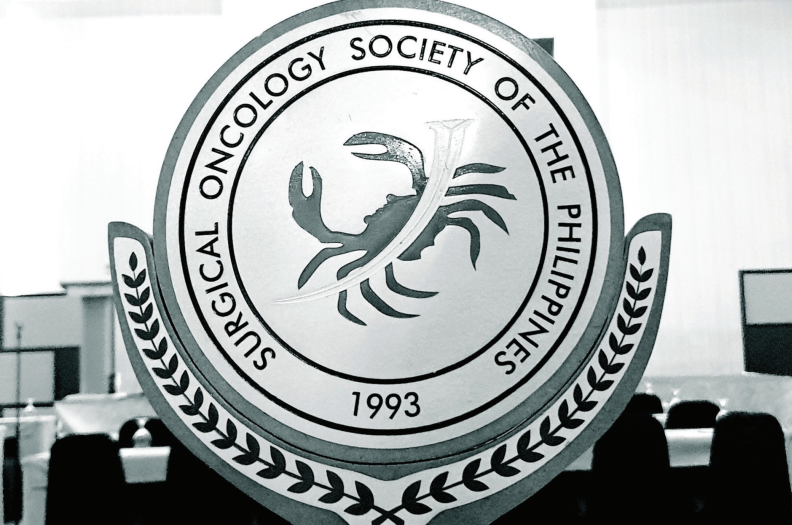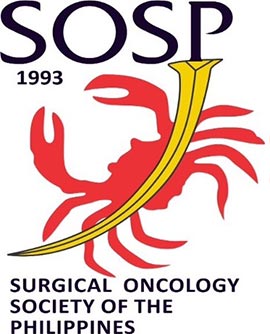
By: Rose Belle Rahon-Sucgang, MD
In the Philippines, cancer has been pegged as the third leading cause of morbidity and mortality. In the Globocan 2020, statistics show that there are 153,751 new cancer cases diagnosed with breast cancer accounting for 17.7% followed by lung cancer at 12.5%. Deaths from cancer were 92,606. Hence, cancer has also become a national health priority.
The National Integrated Cancer Control Act (NICCA) or the Republic Act No. 11215, has been signed into law in February of 2019 by President Rodrigo Duterte. This was implemented to ensure provision of quality health services for Filipino cancer patients. This law further envisions to strengthen cancer control in the country, increase cancer survivorship and reduce the burden on families and cancer patients especially on the financial aspect.
At the second quarter of 2021, the NICCA Council has been formed with Health Secretary Francisco Duque III as the Chairman. This is the policy making, planning, and coordinating body of the program. The council is further composed of the ex officio members: Secretary of Social Welfare and Development, or a designated representative; Secretary of Labor and Employment, or a designated representative; Secretary of the Interior and Local Governance, or a designated representative; President and Chief Executive Officer of the Philippine Health Insurance Corporation (PhilHealth) or a designated representative; and the Director General of the Food and Drug Administration (FDA), or a designated representative; The Vice Chairperson of the council is elected by the non ex officio members from among themselves in the person of Dr. Samuel Ang. Dr. Ang is a Surgical Oncologist and the President of the Surgical Oncology of the Philippines. He is enjoined in the council with other non ex officio members among others are Dr. Corazon Ngelangel, the President of the Philippine Cancer Society; Dr. Mae Dolendo, the Head of the Children’s Cancer Institute of the Southern Philippines Medical Center; and Ms. Carmen Auste, the Vice-President of the Cancer Coalition of the Philippines.
With the NICCA Council in place, the policies set by the law, as a landmark health legislation, shall now be set into motion. The Council shall determine priority cancers in the country and allocate budget on improving access to care and the treatment of these cancers. One of the council’s project, according to Dr. Ang, is the establishment of a Philippine Cancer Registry which will both be population-based and hospital-based.
Another project of NICCA is the creation of the Philippine Cancer Center which shall serve as the premier hub for excellent cancer care in the country. This apex center shall be built in the Lung Center of the Philippines Compound in Quezon City with target date of completion in 2025. Regional Cancer centers shall then be formed in the large regional hospitals all over the country with provisions of specialists and the multimodal treatment of cancers.
The Philippine government has allocated about 700 million pesos to the program in the 2021 budget – 620 million pesos pooled from the 500 million pesos Cancer Control Program, 120 million pesos from the Cancer Assistance Fund and 136 million pesos regular allocation for cancer under the noncommunicable disease budget line item. Health Secretary Francisco Duque III emphasized that the annual budget given with the NICCA in place, will sufficiently cover for the cost of priority cancer types.
The implementation of the NICCA law with formation of the council shall make a great leap in cancer care in the Philippines. This will make cancer care better, more accessible and affordable to our patients. This shall realize the thrust for a healthy Philippines.


